The PMP certification is the most popular certification for project professionals who want to excel in their skills and grow their careers in the project management profession. This certification provides immense benefits to its credential holder.
Today’s blog will discuss the PMP certification and how to get it.
What is the PMP Certification?
PMP stands for Project Management Professional. This globally recognized certification is awarded by the Project Management Institute (PMI), USA, to professionals who underwent a rigorous process and passed a computer-based test in a controlled environment.
Currently, over 1.2 million professionals hold this certification (source). This certification ensures you have enough experience in leading and directing projects and have the skills to manage complex projects by testing your abilities under different circumstances through a test.
The PMP certification is industry independent, meaning regardless of your field, you can get this certification if you fulfill the experience, educational, and training requirements.
You can work in construction, IT, pharmaceutical, or automobile; every industry demands this certification.
Let’s have a quick look at some basic information on the PMP certification.
PMP Certification Requirements
You need to fulfill three requirements to apply for the PMP certification exam:
- You must have a diploma or degree certificate.
- If you have a diploma, you must have 60 months of experience in leading and directing projects. If you have a degree, the experience requirement reduces to 36 months.
- You must earn 35 contact hours of education in project management. This condition is waived if you are an active CAPM certification holder.
Ensure you fulfill all these requirements before you start your application to apply for the PMP exam.
PMP Exam Cost
The PMP exam fee is 555 USD for non-PMI members and 405 USD for PMI members.
PMI membership costs 139 USD, including a 10 USD application fee applicable for the first time.
So if you add 405 to 139, it equals 544 USD. It is still less than 555 USD. I recommend you join the PMI before applying to save some money.
Also, the PMI membership offers many benefits; the first benefit is you can download the PMBOK Guide for free. The price of this guide on Amazon is 44 USD.
There are other costs involved with the PMP exam, such as the cost of the training and books, which we will discuss later.
Read: Cost of the PMP Certification Exam
PMP Exam Training
Unless you are an active CAPM certification holder, you must attend a PMP training program to earn 35 contact hours of PM education.
You can attend the training through various modes, but I recommend you join an online PMP training program. Online training programs are affordable and available in every location, and you can complete them at your comfort.
One such online PMP training program is available below.
This program is PMI approved, the access is for one year, and the price is 150 USD.
Live classroom training programs are costly, have fixed schedules, and may not be available in your location.
So, again I suggest you join an online PMP training program to earn your 35 contact hours.
PMP Certification Renewal
The PMP certification is valid for three years; you need to renew it if you want to maintain your credential. This process is known as continuing certification requirements (CCR), where you have to earn 60 PDUs in three years, report them to the PMI and pay a renewal fee.
Once you complete these steps, your certification will be renewed for the next three years.
The PMP certification renewal fee is 150 USD for non-PMI members and 60 USD for PMI members.
Please refer to the following post to learn PMP Renewal Process:
PMP Certification Renewal Process
How to Get the PMP Certification
You can take the following steps to get your PMP Certification.
#1. Ensure You Meet the PMP Certification Requirements
Ensure you are eligible to apply for the PMP exam. The minimum education qualification is a diploma holder. If you do not meet the minimum qualification, you can join a diploma course and complete it.
You should have 60 months of experience in leading and directing projects in the last eight years if you are a diploma holder. If you have a degree, the requirement is 36 months.
Also, you cannot report overlapping experiences twice. For example, you can report only one if you participated in two projects simultaneously.
Volunteer or personal work does not count. You should have earned this experience in a professional capacity.
The last requirement is formal project management education. You must earn 35 contact hours to apply for the PMP exam.
Note that the contact hours never expire. You can earn them today and apply for the PMP exam after many years.
This training requirement is waived if you are a CAPM certification holder.
#2. Apply for the PMP Exam
Join the PMI before applying for the exam to get a discount on the exam fee.
Note that you have 90 days to complete the application once you start it. You can complete the form in multiple sittings.
Fill out the form and pay attention to PMP experience, as many professionals make mistakes here.
Refer to the following post on writing good PMP experience in the PMP application form:
Fill out the form and submit it. At this stage, the PMI can select you for an audit. If you are selected for an audit, follow the steps advised by the PMI, and you will pass the audit. After you pass the audit, your eligibility period starts, and you have one year to pass the exam and get three attempts.
If you are not selected for an audit after applying, your eligibility period will start immediately once the PMI approves your application.
You should schedule your exam after three months, as this is enough time to prepare and pass the PMP exam.
#3. PMP Exam Preparation
You must study the PMBOK Guide and PMP exam reference books and practice many PMP exam sample questions.
Start with a PMP exam reference book and study it from cover to cover. Then go through the PMBOK Guide as many times as you can. Once you’re done with it, refer to a second PMP exam reference book.
After reading it, you can start practicing questions. Subscribe to any good quality PMP exam simulator, such as the PMP exam simulator by Cornelius Fichtner, and complete the practice questions.
Next, you can start attempting mock tests to check your readiness. Once you are ready, you can attempt the exam.
#4. Attempt the PMP Exam
You can attempt the exam from your home (proctor based) or from the test center.
If you are taking the exam at the test center, arrive there half an hour early to complete the paperwork. After the paperwork is completed, you can start your exam.
If you are attempting the exam from home, ensure you have a power backup and that the computer or laptop is in sound condition. If your laptop stalls or restarts, your exam will be canceled.
If you look around a lot, the proctor could cancel the exam. Therefore, if the test center is located in your city, I recommend you attempt the exam from the center to avoid these issues.
You will know the result of your exam as soon as you submit the answers. If you pass the PMP exam, you can start using the PMP credential with your name. You will receive a hard copy of your certificate within four to eight weeks.
Within one week, your name will appear in the PMI PMP certification registry.
Is the PMP Worth It?
Yes, the PMP certification is worthwhile attaining.
It offers many benefits to its credential holders. Some of them are discussed below.
Fill in Your Knowledge Gaps: To pass the PMP exam, you read the PMBOK Guide, refer to the PMP exam reference books, and go through training. These processes ensure that your knowledge gaps are filled, and you learn many new techniques.
You will be more knowledgeable, your confidence level will increase, and you will perform better.
Global Recognition: The PMP Certification is globally recognized. Employers throughout the world will recognize your skills, and you will be more employable. Your peers will respect you, and you will be a source of inspiration and knowledge.
Higher Salary: According to a PMI article called “Earning Power: Project Management Salary Survey – Twelfth Edition,” the median salary for PMP holders globally is 16% higher (and 32% higher in the USA) than those without the certification.
This shows that if you hold the PMP certification, you have a higher chance of earning a higher salary than your peers who do not possess this certification.
More Job Opportunities: If you visit job portals and search for project manager vacancies, you will see many postings that require a candidate to have the PMP certification. So, if you are not a PMP, you cannot apply for many project manager positions.
The PMP certification provides more opportunities, and you will receive more interviews than your peers without the PMP certification.
Details on the PMP Exam
The details of the PMP exam are as follows:
- It can be attempted from the center or your home.
- It has 180 questions, 50% from Agile and hybrid methodologies and the rest from traditional project management.
- The test has two ten minutes breaks, and this time is not included in the exam duration.
- The exam includes multiple-choice, multiple responses, matching, hotspot, and fill-in-the-blank questions.
- The PMP exam passing score is secret and depends on the difficulty level of the exam.
The PMP certification exam validates your skills in the following domains:
- People (42%): This domain recognizes you have the skills to lead and motivate a project team throughout a project life cycle.
- Process (50%): This domain ensures you can determine which approach (predictive, agile, and hybrid) is the best for your project.
- Business Environment (8%): This deals with the business aspect of the project. It highlights the success of a project and its impact on strategic organizational goals.
PMP Exam Training and Other Study Resources
Attending the PMP exam training to earn 35 contact hours is an eligibility requirement for the PMP exam.
This training teaches project management concepts, fills the knowledge gaps, and prepares you for the PMP exam.
You can earn this training through various methods, such as online, live classes, virtual, hybrid, etc.
The training provider can be PMI-approved, ATP (Authorized Training Provider), or non-approved training providers. All methods are acceptable as long as they fulfill the requirements.
Live classroom training programs are also known as boot camps. These are mostly conducted by PMI ATP.
They have fixed schedules, a trainer instructs candidates, and they complete the course in three to four days.
These are the most expensive training methods and can cost between one thousand to several thousand USD.
Now we come to the most popular training mode, i.e., online training.
In online training, the candidates watch recorded sessions, pass a simple course completion test and get the 35 contact hours certificate.
Online training programs are the cheapest, can be attended from any location, and provide a longer access time to complete the course.
The price of online courses varies from hundreds of US dollars to thousands.
If you are looking for a PMI-approved online training program, you can join the following program. This program was developed by me and PM Simplify:
PM Sprout PMP Training Program
The price of this program is 150 USD, and the access is for one year.
If you are looking for PMP training, join an online training and earn your contact hours.
Here is the most popular online course for PMP training. This is a non-PMI-approved course developed by the renowned PMP trainer Cornelius Fichtner.
PM PrepCast: A Training Program by Cornelius Fichtner
The price is 389 USD.
The access is until the exam content changes. If you purchase this course within six months of the new exam format, you get free access to the next version of PM PrepCast.
You will also need to buy PMP exam reference books.
I recommend you buy Kim Heldman’s PMP book and Rita.
A combination of these books is enough for the PMP exam preparation.
You need to practice PMP exam sample questions and mock tests.
The following PM simulator provides you with enough sample questions and mock tests to help you prepare for the PMP exam:
PMP Certification Alternatives
The followings are a few alternatives to PMP certification:
- PRINCE2
- CSM (Certified Scrum Master)
- MPM (Master Project Manager)
- PPM (Professional in Project Management)
- CPM (Certified Project Manager)
PRINCE2 Foundation/PRINCE2 Practitioner
This certification is more popular in the UK, Australia, and other European countries.
PRINCE2 stands for Projects in Controlled Environments. The PRINCE2 certification is well known globally. It has two major certifications: PRINCE2 Foundation and PRINCE2 Practitioner.
CSM: Certified Scrum Master
This certification is popular with IT professionals. A Scrum Master understands the Scrum framework and can manage agile projects using Scrum methodologies.
This certification requires attending 16 hours, passing the CSM exam, and completing the Scrum Alliance membership profile.
MPM: Master Project Manager
The American Academy of Project Management (AAPM) awards the Master Project Manager (MPM) certification to professionals who fulfill the commission requirements of education, training, experience, etc.
This certification requires three years of project management experience and training.
PPM: Professional in Project Management
The Global Association for Quality Management (GAQM) conducts a Professional in Project Management (PPM) course. This certification teaches how to plan, execute, control, and close the project.
This certification requires the completion of an e-course and some project management experience.
CPM (Certified Project Manager)
The International Association of Project Managers (IAPM) is a global accreditation organization that offers CPM certifications to project professionals.
This certification does not have any requirements, and aspirants can take a self-test once they are ready. The passing mark is 65%.
FAQ: How to Get the PMP Certification
#1. How Hard is the PMP Exam?
The PMP exam is hard. You must study, refer to the PMBOK Guide and a few exam reference books, attend training, and practice many questions. At one time, the passing score was 61%, but now the PMI does not disclose the passing percentage.
If you intend to apply for the PMP exam, be ready to study hard.
#2. How Long Does it Take to Study for the PMP Exam?
I recommend you prepare for at least three months. This is enough time to prepare for the PMP exam. Many professionals who pass the exam, on average, took a similar duration to study for the PMP exam.
#3. How Do I Start the PMP Exam Process?
Ensure you meet the PMP requirements, then apply for the exam and start preparation. Attempt the exam and become a PMP.
#4. I am New to Project Management. Should I Get the PMP?
The PMP exam is for experienced professionals. If you don’t have enough experience, you cannot apply for the PMP exam. Instead, you can go for the CAPM exam. The CAPM certification is for professionals with no or less experience in leading and directing projects.
#5. Does the PMP Exam Have Math Questions?
Yes, the PMP exam has math-based questions. However, not all PMP examinees get these questions. It depends. I have interacted with many PMPs who did not get a single math-based question on their PMP exam.
The level of difficulty is easy; they are formula based. With a little practice, you can solve these questions.
Summary
The PMP certification is the most popular credential for project management professionals. If you are involved in project management, you should get the PMP certification to grow your career.
Some links in this post are affiliate links, and I will earn a commission if you purchase after clicking. Please understand that I recommend these resources because they are useful, not just because of my commissions. Please do not purchase unless you need the materials to achieve your goals. Read the disclaimer.

I am Mohammad Fahad Usmani, B.E. PMP, PMI-RMP. I have been blogging on project management topics since 2011. To date, thousands of professionals have passed the PMP exam using my resources.

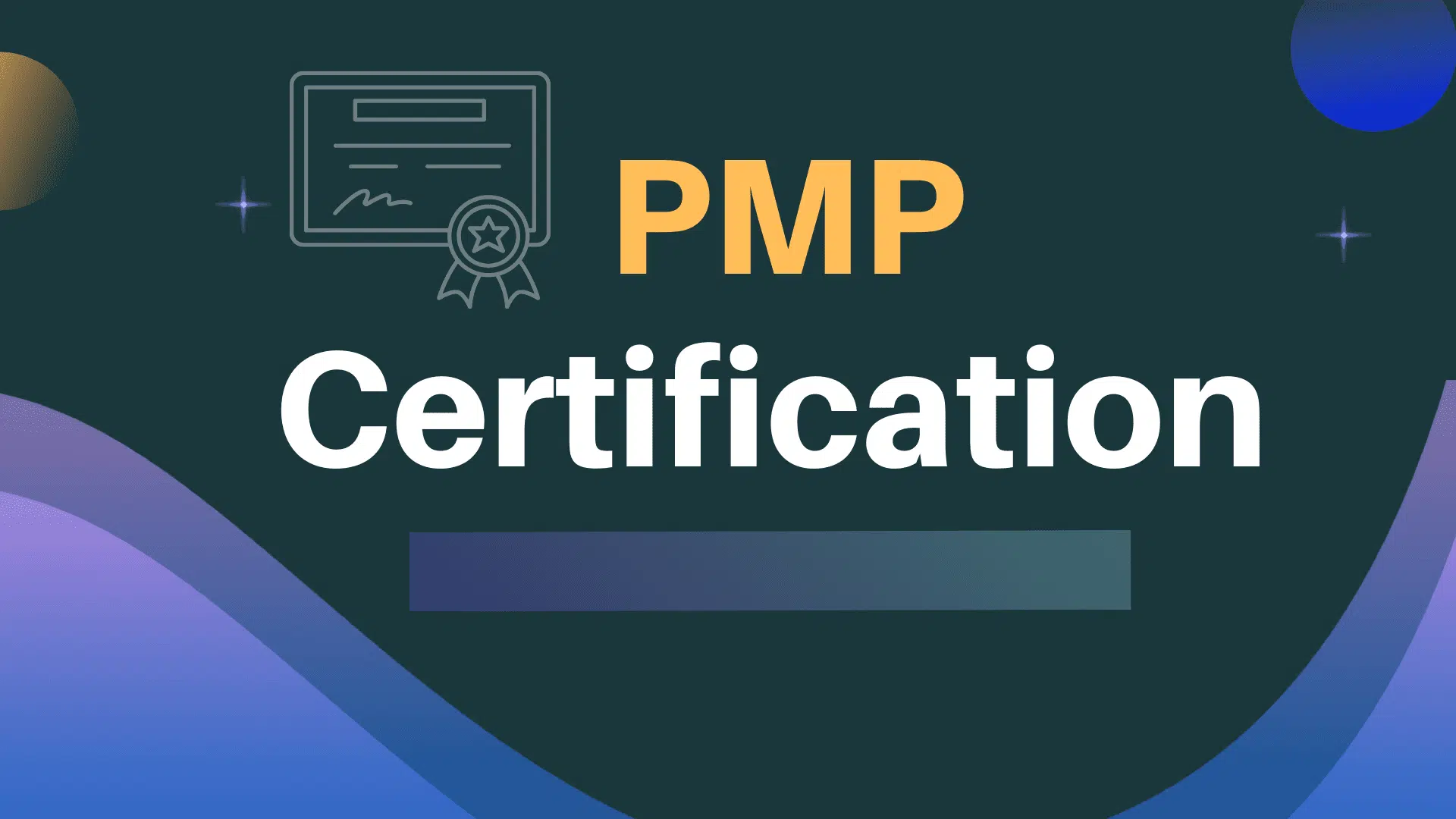
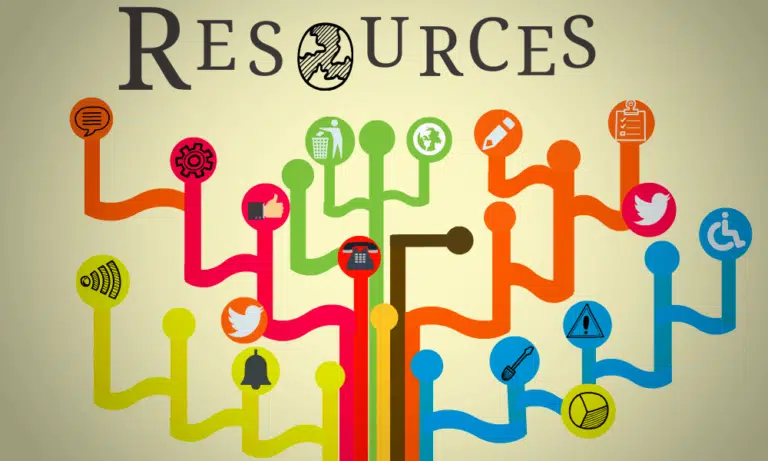
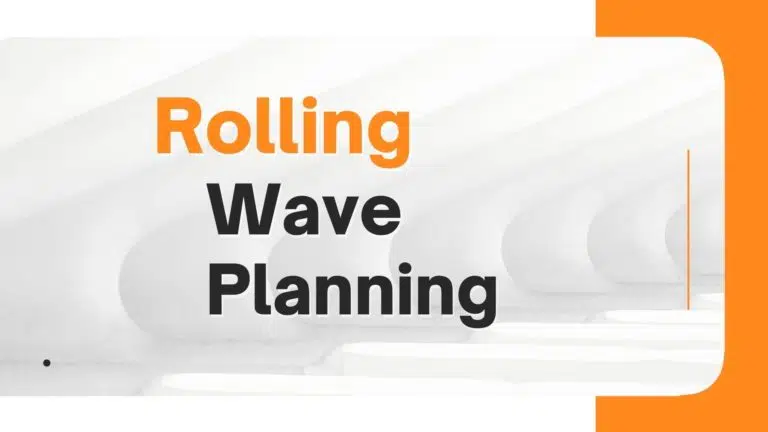
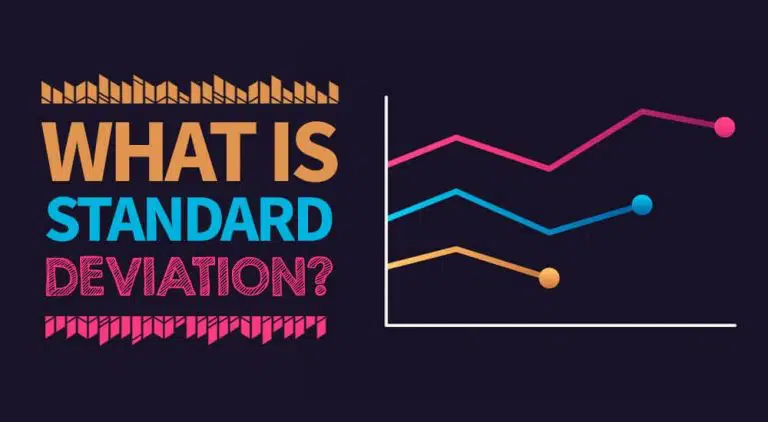
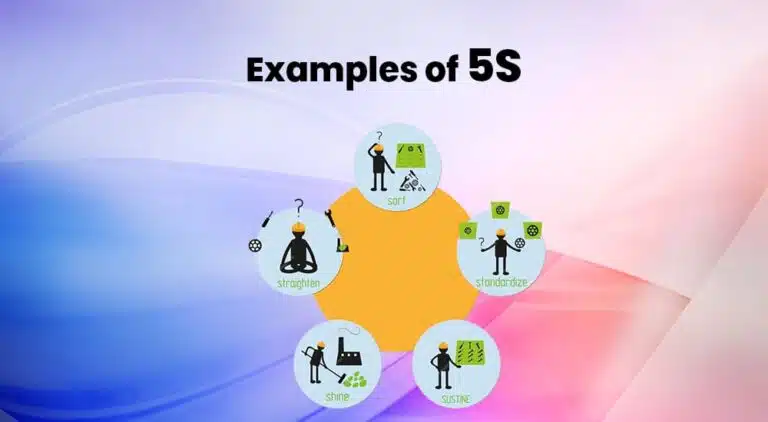
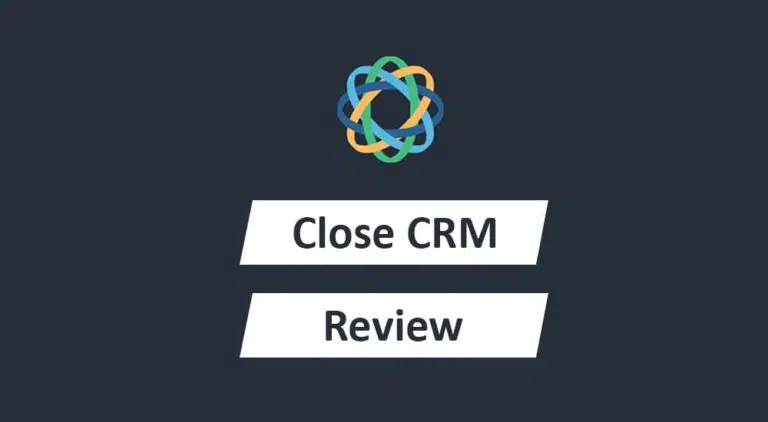
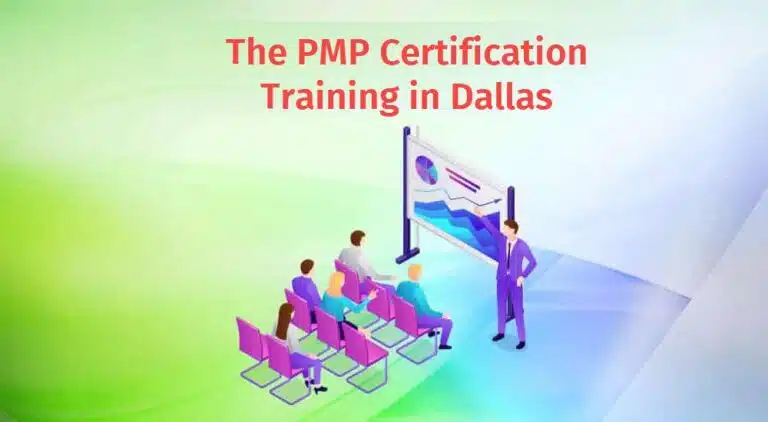
I have an interest.
I only have a par doubt.
Where could I contact you personally?